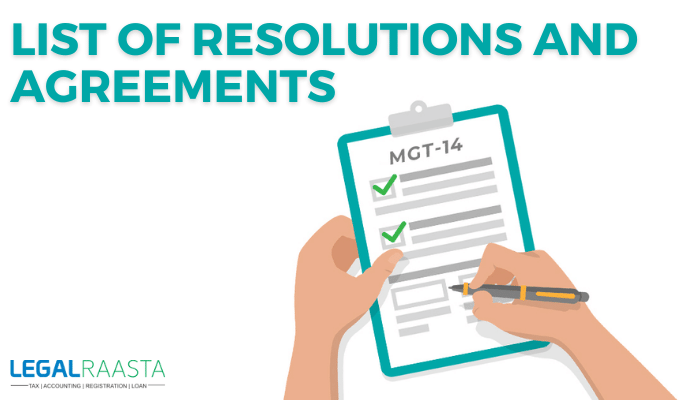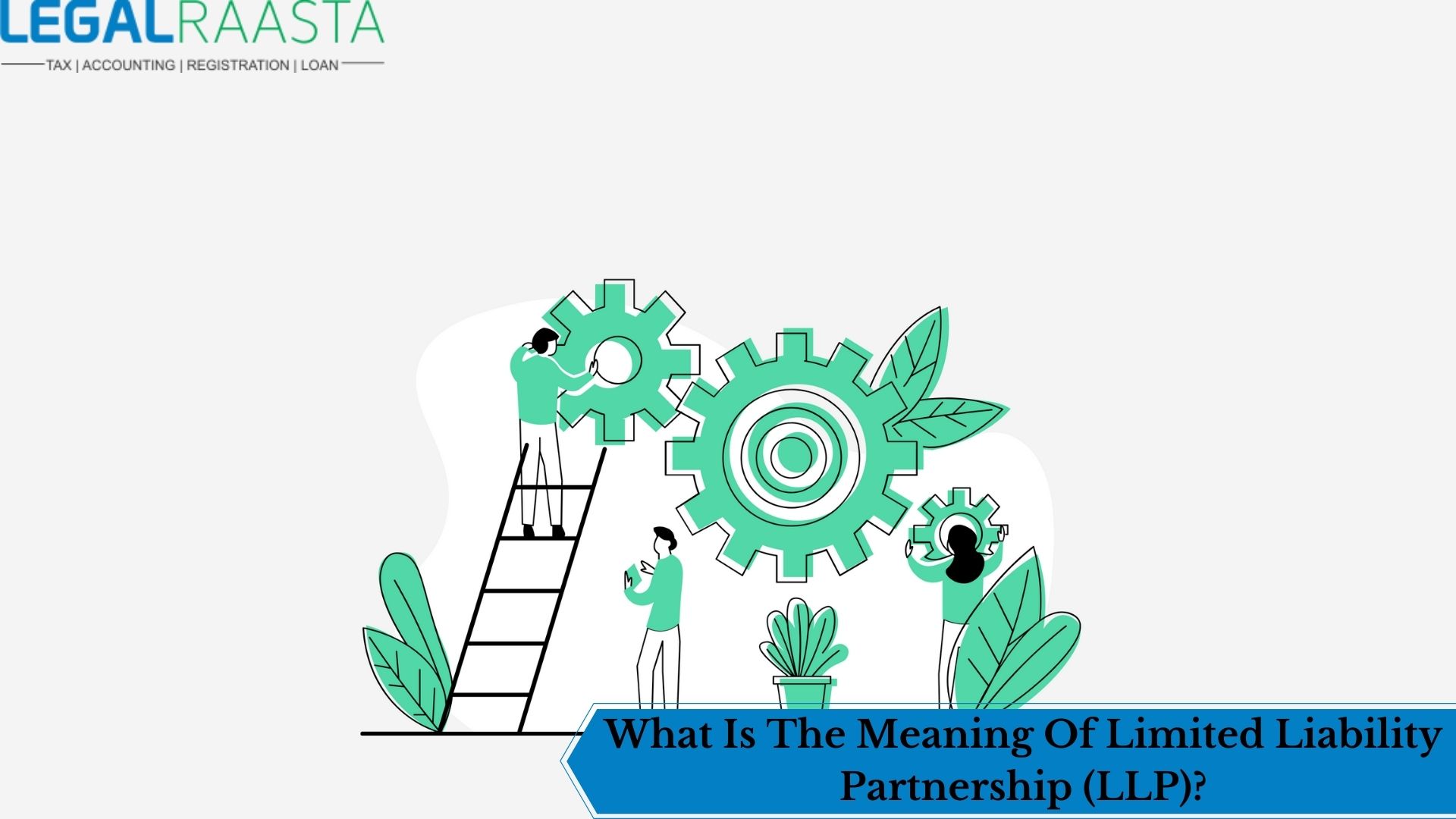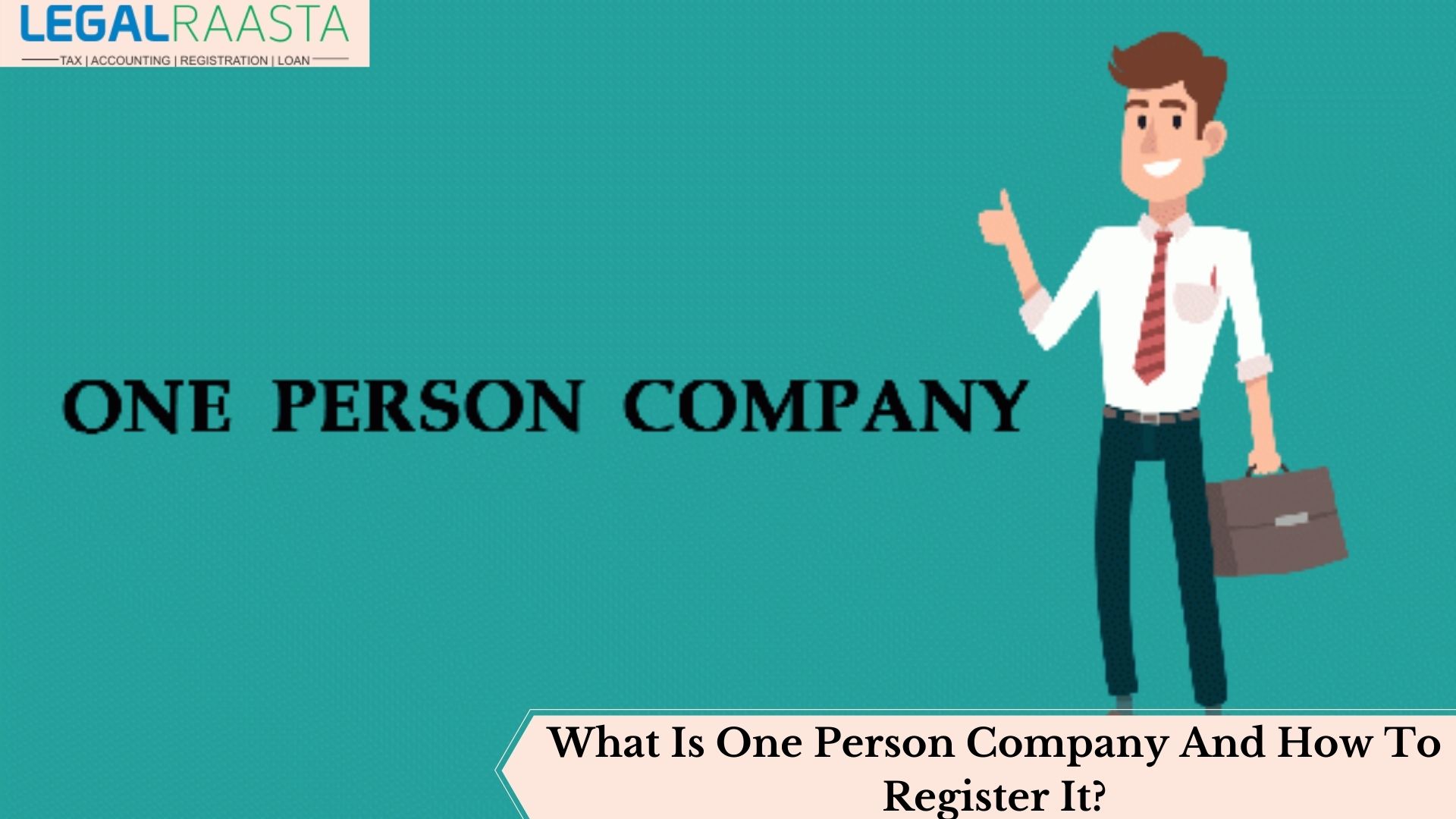What is Companies Act Section 2(68)
INTRODUCTION
Companies Act Section 2(68) states that a company with the minimum paid-up share capital of one lakh rupees or higher as may be prescribed, is said to be a Private Company. It provides that:
- there is a restriction in transferring its shares
- its members are limited to two hundred, except in One Person Company
- prohibits any invitation to the public to subscribe for any securities of the company.
It has been provided in section 2(68) of the companies act that if two or more persons are holding one or more shares in a company then they shall be treated as a single member, for the purpose of this clause. Besides, persons who are in the employment of the company and persons who were former members of the company and continued in that employment and have continued to be members after the employment ceased shall not be included in the number of members. Whereas, maximum and minimum number of Director in a One Person Company is 1.
What Characteristics does a Private limited company hold under Companies Act Section 2(68)
A private limited company is similar to a small scale business. Following are the meetings that must be held timely:
| Minimum share capital (in rupees) | Minimum Directors | Liability |
|---|---|---|
| 1 Lakh | Two | Limited to its shares |
- In private limited companies, Board meeting shall be held four times in a year with a maximum gap of 120 days between two meetings except for the small companies ( they are required to meet once in each half year).
- The general meeting should be held once in a financial year ( within 6 months from the date of the closing of the relevant financial year and not more than 15 months should elapse between 2 AGMs).
What are the Advantages of a private limited company under Companies Act Section 2(68)
- Separate legal entity: Entity means anything which has a real existence. Under the Companies Act Section 2(68), a Company is a legal entity and a juristic person who is an artificial person. Overall the company has the legal capacity to own property and also incur debts. The members and the shareholders of the company are free from the liability to the creditors for such debts.
- Uninterrupted existence: A company hold ‘perpetual succession’ which means continuity or uninterrupted existence until it is dissolved legally. A company will not be affected by the death of the member or other departure of any member as it is a separate legal entity but its existence will continue no matter what changes in the membership.
- Limited Liability: Limited Liability means the status of being legally responsible only to a limited amount of debts of a company. To the extent of the face value of shares taken up by members, the liability of a company is limited. The liability of the members on a winding-up is limited to the amount unpaid on their shares, where a company is limited by shares.
- Free & Easy transferability of shares: shares are transferable by a shareholder to any other person. The transfer is easy in comparison with the transfer of an interest in a business run as a proprietary concern or a partnership. A share certificate is needed along with the filing and signing a share transfer form and handing over the buyer of the shares.
- Owning Property: A company can acquire property in its own name. Shareholders can not make any claim upon the property of the company so long as the company is a going concern. The shareholders are not the owners of the property of a company. The company itself is the true owner.
- Capacity to sue and be sued: To sue means to institute legal proceedings against or to bring a suit in a court of law. As a person, it can bring a legal action in his/her own name against another in that person’s name, a company being an independent legal entity can sue and also be sued in its own name.
- Dual Relationship: it is possible for a company to make a valid and effective contract with any of its members in the company form of organization. It is also possible for a person to be in control of a company and at the same time be in its employment. Therefore, a person can at the same time be a shareholder, creditor, director and also an employee of the company.
- Borrowing Capacity: A company can enjoy better avenues for the borrowing of funds. It can issue secured debentures as well as unsecured debentures and can also accept deposits from the public, etc. Render Large financial assistance is preferable by banking and financial institutions than partnership firms or proprietary concerns.
For further information regarding Private limited company registration, you can visit our website: Legal Raasta or Ring us on +91 8750008585 for your queries and you can contact.
Related Articles:
Audit Requirements for Private Limited Company
Private Limited Company registration process and How to startup Private Limited Company









